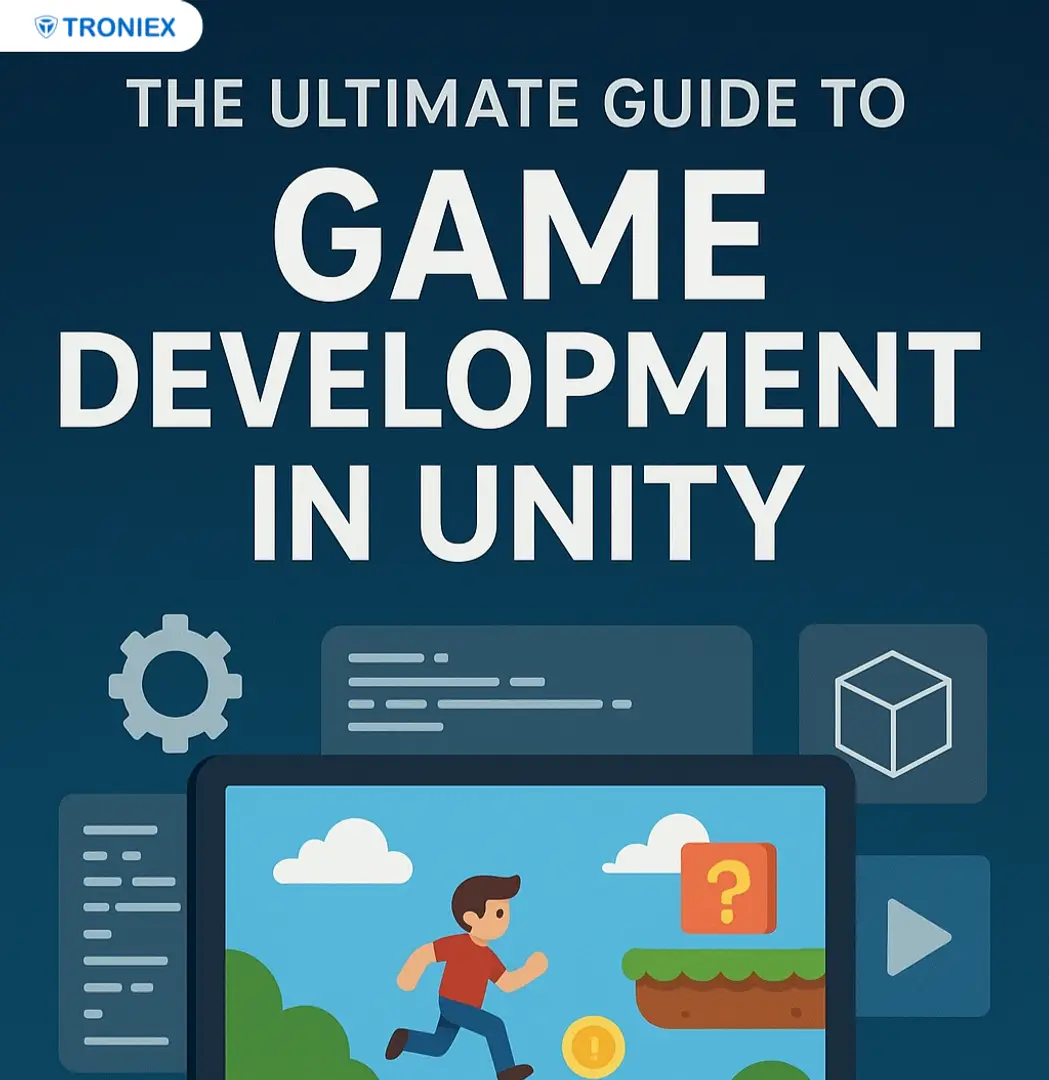

The Ultimate Guide to Game Development in Unity
Unity has emerged as one of the most popular game development platforms in the world, powering thousands of games across PC, console, mobile, and VR. Its flexibility, robust tools, and supportive community make it ideal for beginners and professionals alike. Whether you’re a hobbyist or aiming to launch the next blockbuster, this ultimate guide will walk you through the essentials of unity game development.
Why Choose Unity for Game Development?
Unity’s popularity stems from its versatility. It supports 2D, 3D, augmented reality (AR), virtual reality (VR), and even multiplayer games. Its user-friendly interface, extensive documentation, and large asset store allow developers to build games efficiently. Additionally, Unity supports cross-platform deployment, meaning your game can run on Windows, macOS, Android, iOS, PlayStation, Xbox, and more without major modifications.
Getting Started with Unity
To begin, download Unity Hub, the official launcher for managing Unity versions and projects. Once installed, create a new project and choose between a 2D or 3D template based on your game’s requirements. Unity’s editor is divided into several key sections:
- Scene View: Where you design your levels and place game objects.
- Game View: Displays how your game looks during play.
- Hierarchy: Lists all objects in your current scene.
- Inspector: Shows the properties of selected objects.
- Project Window: Where all your assets, scripts, and resources are stored.
Understanding these sections is crucial for navigating Unity efficiently.
Essential Tools and Features
Unity comes with a range of built-in tools to simplify development:
Physics Engine: Handles collisions, gravity, and other physical interactions.
Animator: Allows you to create complex animations and character movements.
NavMesh: Simplifies AI pathfinding for enemies or NPCs.
C# Scripting: Unity uses C# as its primary programming language, enabling you to create game mechanics, manage UI, and control game behavior.
Additionally, Unity’s Asset Store provides ready-made models, textures, sounds, and scripts, significantly reducing development time.
Building Your First Game
Start small. A simple 2D platformer or 3D endless runner is ideal for beginners. Focus on core mechanics first: character movement, collision detection, and score tracking. Gradually add features like animations, sound effects, and UI elements. Unity’s Play Mode allows you to test your game in real-time, making it easier to identify bugs and improve gameplay.
Publishing Your Game
Once your game is ready, Unity simplifies publishing across multiple platforms. You can export your project directly to Android, iOS, Windows, or consoles. Make sure to optimize performance for each platform, test thoroughly, and consider monetization strategies such as ads, in-app purchases, or premium pricing.
Conclusion
Unity provides a comprehensive ecosystem for creating games of any scale. Its intuitive interface, extensive tools, and strong community support make it a perfect choice for aspiring developers. By starting small, learning C# scripting, leveraging built-in tools, and iteratively testing your game, you can bring your ideas to life and even reach millions of players worldwide.
Related Posts
© 2025 Invastor. All Rights Reserved

User Comments